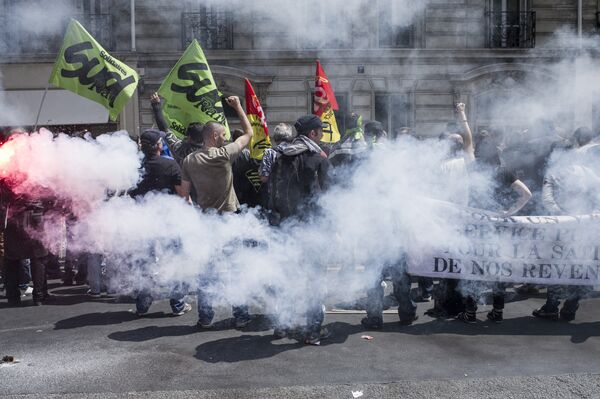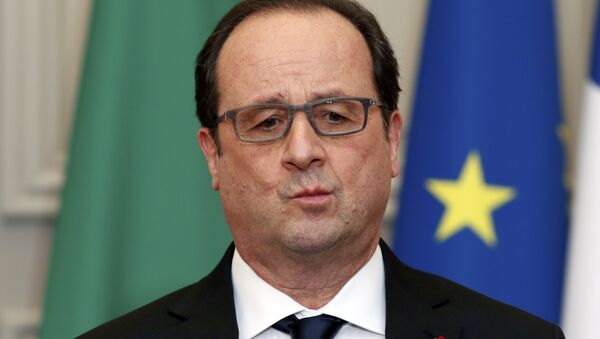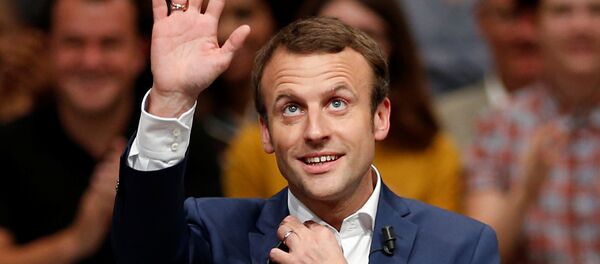The controversial changes — which have seen unions and students stage months of strikes and protests — would give employers more scope to lay-off workers and cut costs and allow some employees to work far longer than the current — and much cherished — maximum 35-hour week. Other reforms include a cap on severance pay for workers dismissed by a company.

The current uncertain cost of laying-off workers mean that companies are risk-averse to doing so, leaving them less flexible and — in some cases — less productive. Opponents say the reforms would undermine workers' rights on pay, overtime and breaks.
With his popularity at an all-time low, his own Prime Minister Manuel Valls has been mooting standing against him in the Socialist primaries in January 2017. Valls has not yet declared his candidacy, but told French newspaper Le Journal du Dimanche:
Meanwhile, Hollande's former economics minister Emmanuel Macron Macron snubbed the president in April 2016 by launching his own political party — called 'En marche!' (Forward) — saying: "It will be neither left nor right. This is not a movement set up for the presidency, that's not my priority today. My priority is the situation the country is facing now.
"I'm in a left-wing government, unashamedly,… but I also want to work with people from the right, who commit to the same values. This ambition, it's radical, it's a bit crazy, but there is such an energy in the country," he said in a launch video.
Hollande's Dilemma
Hollande is now in a quandary: to fight a two-horse race against his PM, or stand aside and let his PM through to fight it out for the Socialists. Whichever way, the party will be up against Macron who is targeting the disaffected center-left, hoping to attract the left-leaners of the center-right — the so-called middle ground.

Meanwhile, the Republicans will be led by Francois Fillon, who won his way through his party's primaries to stand on a center-right, free market, small government ticket, hoping to show greater capability of reforming the country's stumbling economy.
Fillon is putting himself up as an alternative to right-wing party Front National leader Marine Le Pen, who has enjoyed months of increasing popularity.
Hollande has two weeks to declare his hand, but polls show that neither he nor his prime minister are likely to make much of a dent in the vote, with Fillon and Le Pen currently garnering around 25 percent support, followed by Macron.




